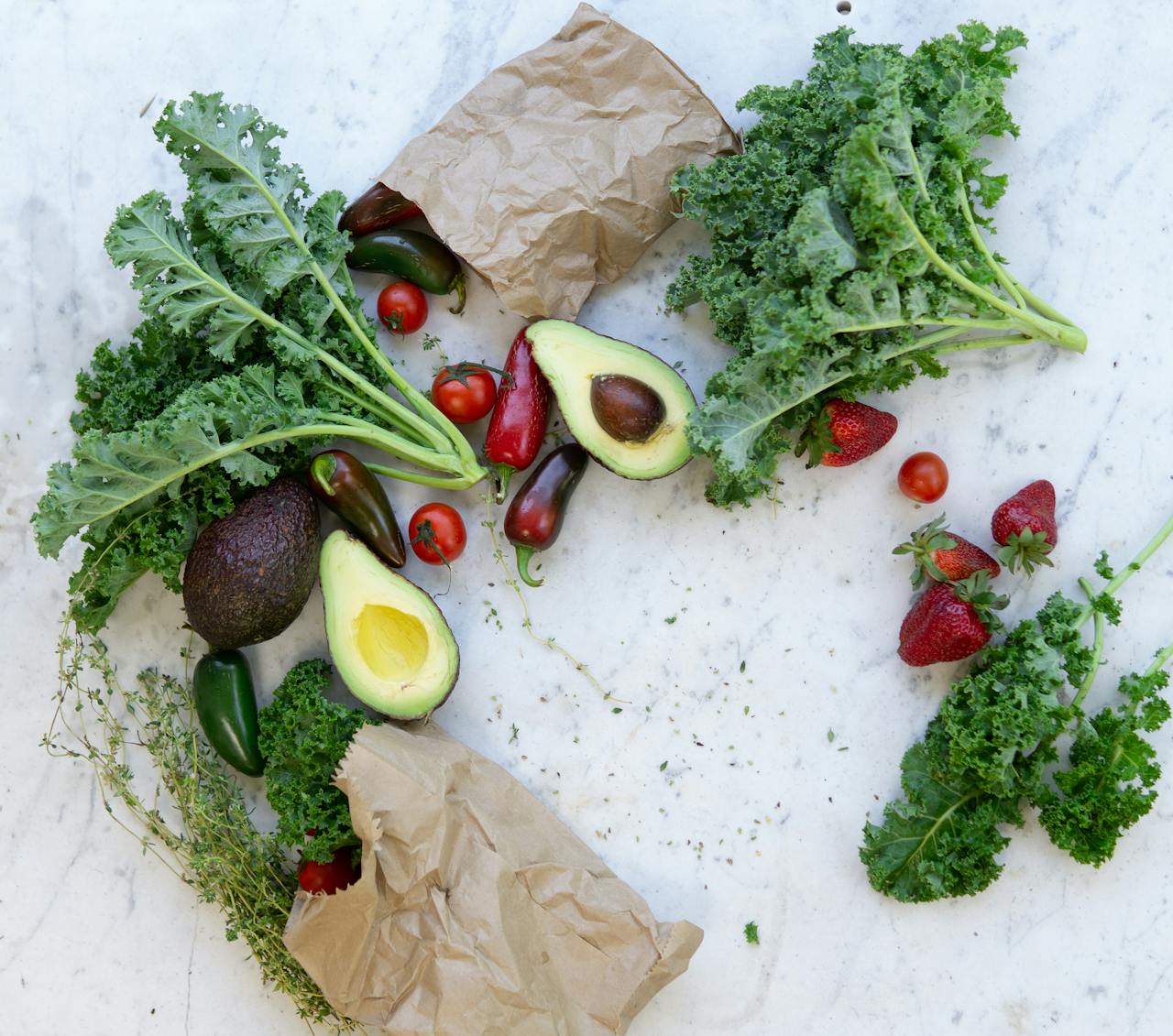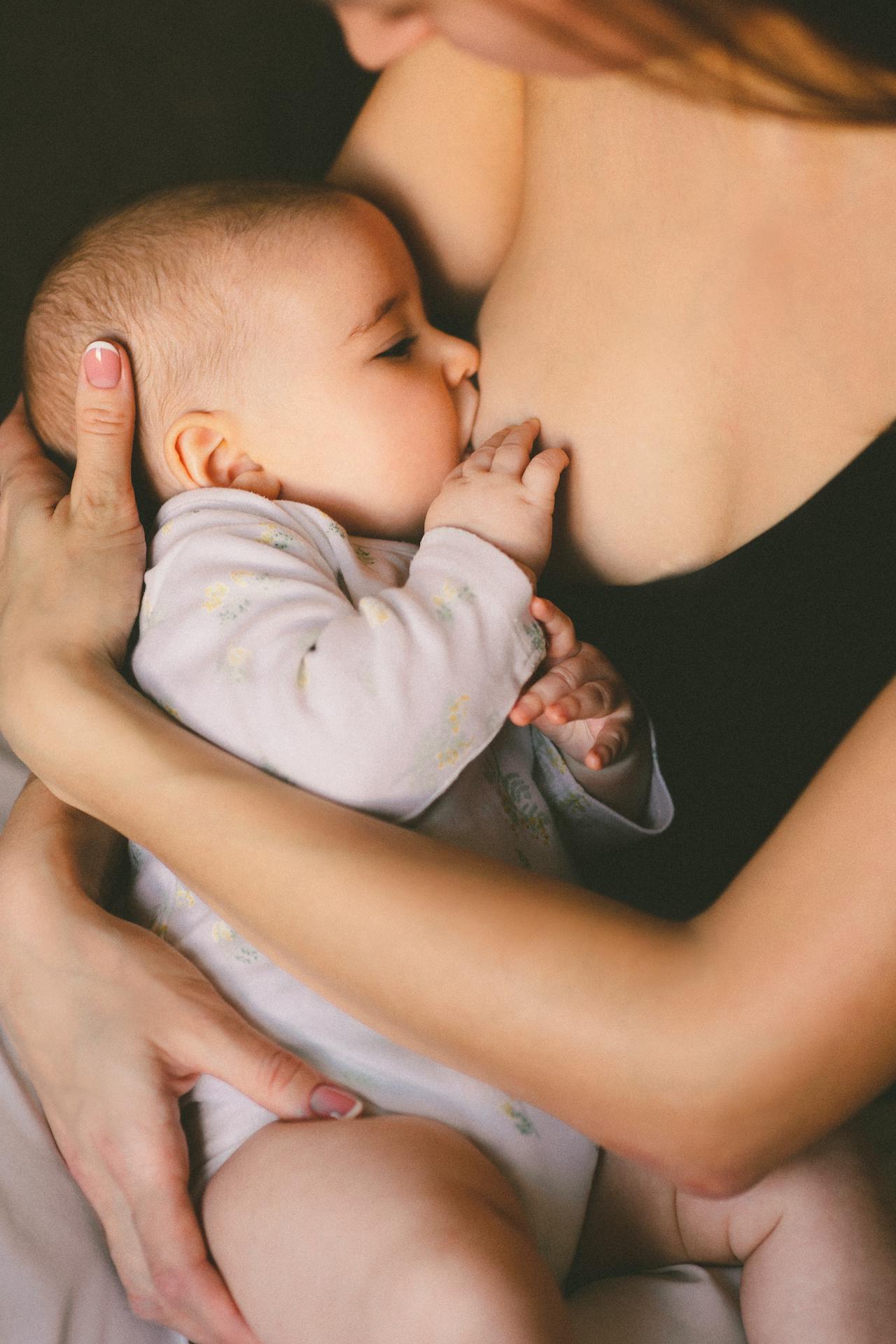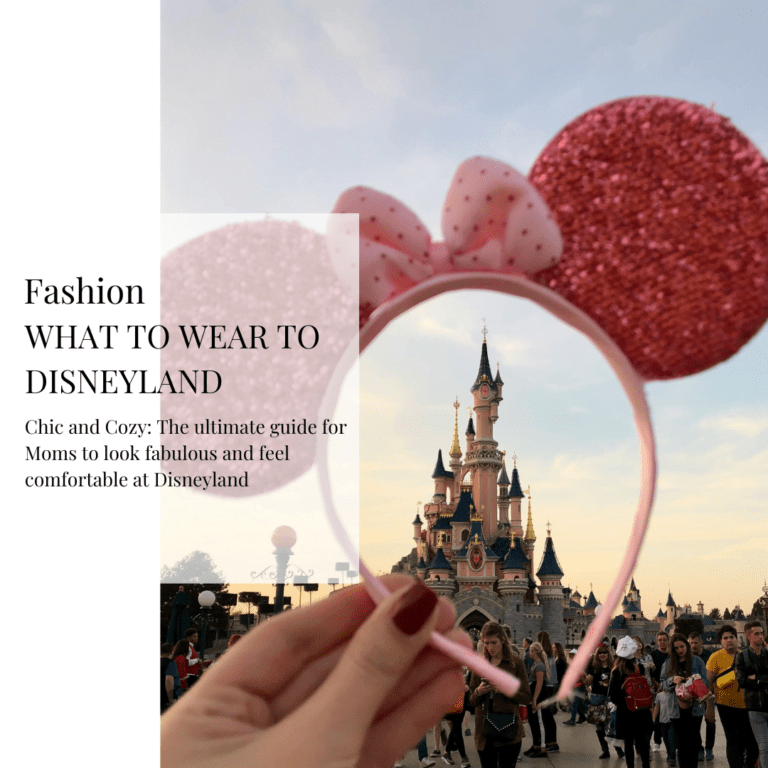“My baby has colic and I’m breastfeeding. Can I still eat this?” It’s a question I found myself asking over and over in the early days of motherhood. If you’re in the same boat, you’re not alone.
Caring for a newborn is tough but caring for a colic newborn… it’s just something else! The late-night cries that just won’t stop, the endless rocking and bouncing, and the worst part, the helplessness of seeing them in so much pain.
I remember the nights I’d question everything: Is it something I ate? Is it my fault? How can I make it right? Oh God, how do I stop him crying?
If you’re reading this, chances are you’re looking for answers—and maybe a little hope. Let’s dig into the possible connection between a mother’s diet and colic and find out what should a breastfeeding mother eat to prevent colic.
What is Colic?

Colic is when your baby cries a lot for no clear reason, usually starting around 2 to 3 weeks old. The crying usually happens in the evening and can go on for hours, leaving you drained.
It’s tough to watch your baby upset, but the good news is that colic usually goes away on its own by 3 to 4 months of age. No one really knows why it happens, but it’s thought to be related to their digestive issues, overstimulation, or even an immature nervous system. And yes, what you eat while breastfeeding might contribute to it, too.
How Does Colic Affect Babies and What are Its Symptoms?

Colic can be incredibly tough on both babies and parents. For babies, it might mean discomfort, difficulty sleeping, and prolonged crying. For parents? Exhaustion and worry.
When my firstborn had colic, I remember feeling so clueless. I’d try feeding, burping, rocking—everything! Yet, the crying would still continue. My baby would clench their fists, turn red, and tighten up. It was heartbreaking.
Here are some common symptoms of colic:
- Intense crying for long hours around the same time each day.
- Baby looks in pain (pulling their legs to their tummy, arching their back, clenching their fists)
- Having a tight belly
- Red face and frequent gas
- Difficulty to calm them down, even if you do things that they usually love like feeding and cuddling.
- Sweating
- Restlessness
What are the Foods that Cause Colic in Babies?

As I got the hang of taking care of a colic baby, I realized that colic and breastfeeding are directly connected. I began noticing that some foods triggered my baby’s colic while others did not. So, I started paying more attention to my diet while breastfeeding. I quickly learned that some foods I loved didn’t sit well with my little one. So, it was time to say goodbye to extra-large lattes.
Here’s a handy table of colic foods to avoid and their potential effects on your baby, according to WebMD:
| Food | Effect on Baby |
| Dairy Products(Eg: Milk, cheese, yogurt) | Some babies may be sensitive to cow’s milk protein. Dairy products can cause gas, discomfort, or even diarrhea. |
| Caffeine(Eg: Coffee, tea, soft drinks, chocolate) | Can make babies fussy and disrupt their sleep patterns. |
| High Allergen Foods(Eg: Nuts, wheat, eggs, soy) | Gas, fussiness, or even rashes in sensitive babies. If you notice a pattern, consult your pediatrician. |
| Acidic Foods(Eg: Citrus fruits, tomatoes) | High acidity might lead to spit-up or tummy upset. |
| Spicy Foods(Eg: Pepper, chilli, garlic, onion) | Spicy foods are known to change the taste of breastmilk, which may irritate a baby’s sensitive tummy. |
| Cruciferous veggies(Eg: broccoli, cabbage, cauliflower) | Might lead to gassiness and bloating, causing tummy aches in babies. |
Although colic from breastfeeding is common, there are many other reasons for colic in babies, such as:
- Overfeeding or feeding too quickly
- Baby swallowing air during feeding
- Overstimulation from noise, lights, or activity
- Baby’s immature digestive system
- Emotional reaction to frustration, fear, or excitement
What Should a Breastfeeding Mother Eat to Prevent Colic?

Generally speaking, it’s super important to eat regularly and stay hydrated, especially while breastfeeding a colic baby. Aim for three good meals a day, throw in some healthy snacks when you’re hungry, and don’t forget to drink plenty of water to keep yourself fueled and feeling good!
According to Michigan State University research, here are some foods to include in your anti-colic diet for breastfeeding mothers:
Protein-rich foods
Try to have protein 2–3 times a day. Options like lean meats, poultry, fish, eggs, beans, nuts, and seeds not only keep you energized but also make your milk easier for your baby to digest. Moreover, protein is crucial for your baby’s growth. It helps build their muscles, tissues, and overall development.
Protein is also ideal for those early chaotic days. For breakfast, you can simply scramble some eggs and have it with whole-grain toast. Keep chicken fillets and meat marinated in the refrigerator for a quick and convenient meal.
Vegetables
Vegetables are a must in the diet of a breastfeeding mother of a colic baby. They are packed with vitamins, minerals, and fiber that support both you and your baby’s health. Plus, veggies help keep your milk rich in nutrients and can promote easier digestion for your little one, which might reduce colic symptoms.
Aim for three servings a day, but make sure to focus on dark green and yellow veggies. Dark green veggies like spinach and broccoli are rich in calcium and folate, while yellow vegetables like carrots and sweet potatoes are high in vitamin A.
Fruits

Fruits provide essential nutrients like vitamin C, potassium, and natural sugars that give you energy while supporting your baby’s growth. They also help keep your baby’s digestion smooth, which may reduce colic.
Include two servings of fresh fruit daily. For me, fresh fruits like bananas, apples, and berries became my quick go-to snacks, especially during those endless nursing sessions.
Whole grains
Incorporate whole wheat bread, pasta, cereal, or oatmeal in your mom diet for a colic baby. They’re rich in fiber, which supports the mother’s digestion and may also reduce the chances of gas-inducing elements passing into breast milk. Result? Lesser colic symptoms in your little one.
Let me also tell you that oats are great for milk production. A warm bowl of oatmeal with some fruits in the mornings gave me a much-needed energy boost and also made feedings more comfortable for my baby.
Fennel
Apart from learning about foods to eat while breastfeeding to avoid colic, some herbal remedies for colic also work like magic. This one might surprise you, but fennel has been my secret weapon against colic. Research suggests that fennel has natural properties that can reduce gas and bloating, which helps soothe colicky babies.
I started drinking fennel tea after hearing other moms rave about it, and the difference it made was remarkable. Not only did it ease my baby’s tummy troubles, but it also felt calming for me.
What is the 3-3-3 Rule for Colic?
The 3-3-3 rule is an easy way to figure out if your baby might have colic.
It means they cry for at least 3 hours a day, 3 days a week, for 3 weeks or more, and you can’t exactly pinpoint what’s causing it. If that sounds like your little one, they might have colic.
It’s not an easy phase to go through, but that’s just what it is – a phase! So, hang in there. Trust me, it gets better.
How to Get Rid of Colic in Breastfed Babies?

Here are a few tips to get rid of colic in breastfed babies that helped us through the worst of it:
- Keep burping them: Gas buildup can lead to discomfort. Make it a habit to burp your baby after every feeding. Sometimes, it may take a while, but it makes a huge difference.
- Experiment with breastfeeding positions: Hold your baby upright during feedings to reduce air intake.
- Use a warm compress: Put a warm towel on their tummy when they seem extra fussy.
- Practice tummy time: Gentle tummy rubs can help release trapped gas.
- Try probiotics: Some studies suggest probiotics may help colicky babies. However, make sure to talk to your pediatrician.
- Hold them close: Sometimes, your baby just needs to feel the comfort of being close to you. Hold them to your chest so they can hear your heartbeat and feel safe.
- Rock them gently: The gentle motion of rocking your baby in your arms can have a comforting effect.
- Create a calm environment: Babies can get overstimulated from too much noise or activity. Try turning off the TV, dimming the lights, and taking a few deep breaths. Trust me, when you’re calm, your baby will be calmer.
Suggested Reads:
FAQs
Can Mother’s Milk Cause Colic?
Breast milk itself doesn’t cause colic, but certain foods in a mom’s diet might. Some studies have shown that when breastfeeding mothers stopped taking cow’s milk and other dairy products, the colic in their babies reduced sharply.
Does breastfeeding prevent colic?
While breastfeeding can’t completely prevent colic, it’s easier for babies to digest breast milk than formula, which can help reduce tummy troubles. Research suggests that breastfed infants had a 37% lower risk of colic compared to those who weren’t breastfed.
Can breastfeeding moms eat sushi?
Yes! Medical News Today suggests that sushi is safe for breastfeeding moms as long as you stick to low-mercury fish (like salmon or shrimp). Just avoid high-mercury options like tuna.









